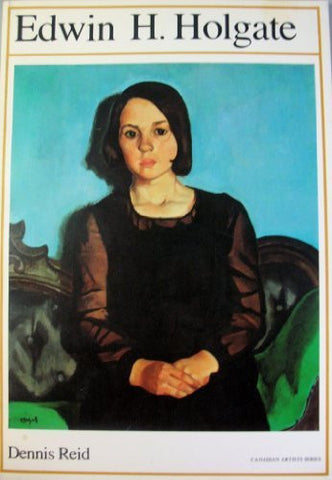
THE KENNEDY WOMEN By: Laurence Leamer
The Kennedy Women - The Saga of an American Family By: Laurence Leamer
Condition: Good considering age - light shelf wear
Overview:
Another Kennedy family saga, this one focusing on the women, from Irish forebears to feminist Rory Kennedy, daughter of Robert and Ethel.
For Kennedy aficionados, much of the material is familiar. In 1849, immigrants Bridget Murphy and Patrick Kennedy met on the boat from Ireland. Nine years after their marriage, she was a widow with four children who worked as a domestic servant, then bought and ran a variety store. In some ways, for the women of the Kennedy family, Bridget's story is as inspiring as it gets. From Rose, who married Bridget's grandson, Joe, to some two dozen grandchildren, author Leamer (King of the Night, 1989) tells a story that is as sad as it is tragic, with Rose as its center. In the grip of the Roman Catholic Church--which saw the role of a woman as mother and moral center--Rose changed from an ambitious, lively, curious girl to a wife and mother whose emotions were rigidly controlled and whose mechanisms of denial so highly refined that she could accept her husband's lovers--notably Gloria Swanson--into her home. She passed much of that legacy on to her daughters Kathleen, Eunice, Patricia, Jean. Open displays of tenderness were reserved for Rosemary, the retarded child, who was lobotomized and institutionalized out of the public eye. Kathleen is captured as the American who enchanted English society until her death in a plane crash; Eunice as the most successful in building a life of her own. Pat and Jean were not so lucky. The prickly paths of the daughters-in-law--Jackie, Joan, and Ethel--are included here as well. Although the ambitions of many of Rose's granddaughters, including Maria Shriver and Caroline Kennedy, have been tempered by marriage and children, theirs is a generation that seems to have shaken off the chains of Kennedy women as victims of a moral dichotomy.
By ferreting out new sources and new material and putting the familiar tales into a broader social context, Leamer gives a clearer if not always brighter picture of what it means to be a Kennedy woman.




